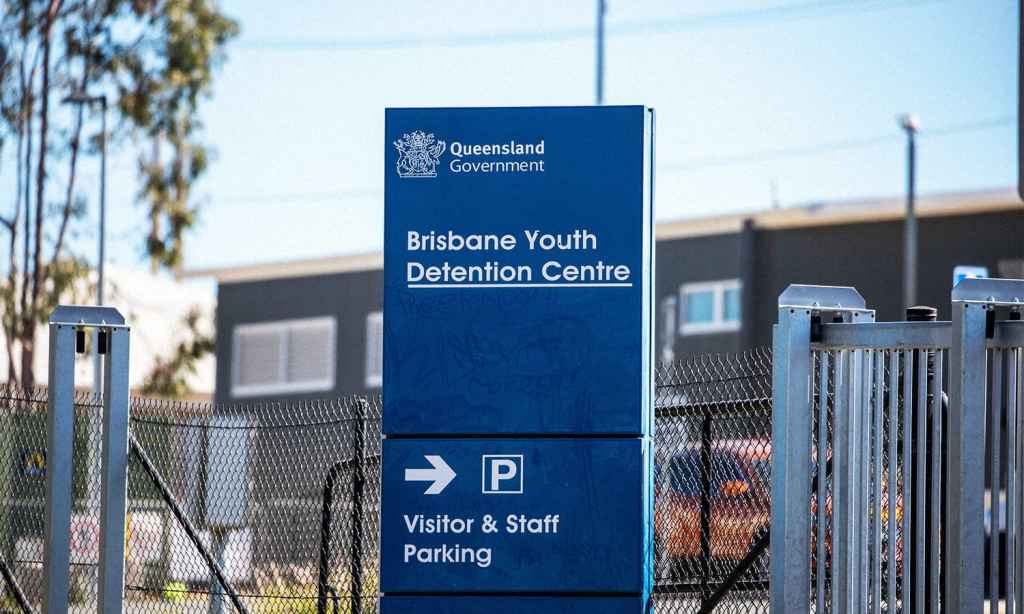Some of Australia’s most vulnerable children will remain unprotected if last weekend’s proposal to lift the age of criminal responsibility by only two years to the age of 12 goes ahead, World Vision has said.
Currently, federal laws mean a child above the age of 10 can be tried and charged for committing a crime in a similar way to an adult. This is the case across all Australian states and territories. Children between the ages of 10 and 14 are sentenced through the Children’s Court, where reform and rehabilitation is a key focus of sentencing. However, in 2019 there were almost 600 10 to 13-year-olds in detention in Australia.
The vast majority of these children are Aboriginal or Torres Strait Islanders, despite making up just 3% of the overall population. It’s a policy that appears to disproportionately affect Indigenous young people and there have long been calls to raise the age of criminal responsibility in this country.
In comparison with the rest of the world, 10 is very young for a person to become criminally liable and, in 2019, the UN Committee on the Rights of the Child recommended all countries increase the minimum age of criminal responsibility to at least 14 years.
This week, Australia attorney generals have put into motion a plan to raise the age of criminal responsibility from 10 to 12, however human rights groups have said that this is insufficient to address human rights concerns.
World Vision First Nations senior policy advisor Dr Scott Winch said that of the 499 children under 14 who were imprisoned last year, only 43 were under the age of 12. The Meeting of Attorneys General’s proposal would not therefore help most of these children.
Winch said that Australia’s lawmakers should at least align with the international call to raise the age of criminal responsibility to 14.
World Vision CEO Daniel Wordsworth said locking up young children was never the answer.
“Incarcerated children cannot thrive and reach their full potential,” Wordsworth said.
“Raising the age is a good start, but under this proposal children of 12 can still be locked up. The medical advice is clear – children in Australia’s youth justice system have high rates of trauma and mental health issues.
“Instead of inflicting further damage, let’s listen to First Nations communities and organisations as to the best way forward for these children who need help, protection and the chance for a decent start in life.”
He also noted that China, Russia, Germany, Spain, Sierra Leone, Azerbaijan, Cambodia and Rwanda have raised the age of criminal responsibility to at least 14 years old, while Australia has not.
Winch said that instead of jailing children we need to make sure they are nurtured.
“At a time when kids need love and care the most, the system harms them,” he said.
“In the case of First Nations children, the care they need is embedded in Culture to heal and build resilience.”
World Vision has said that nowhere in the developed world are children more in need than in the case of Australia’s First Nations children.
“We are committed to supporting First Nations children so they can thrive,” Dr Winch said.
World Vision Australia is a signatory to the Raise the Age campaign which calls for the age of criminal responsibility be raised to 14.
While World Vision Australia does not directly operate programs on juvenile justice, its Young Mob program has operated in juvenile justice centres to support First Nations young people to connect to culture and become strong youth and community leaders. Wherever Young Mob programs operate, they provide a positive pathway for young First Nations people and indirectly reduce engagement with the justice system.
Read more stories from The Latch and subscribe to our email newsletter.







